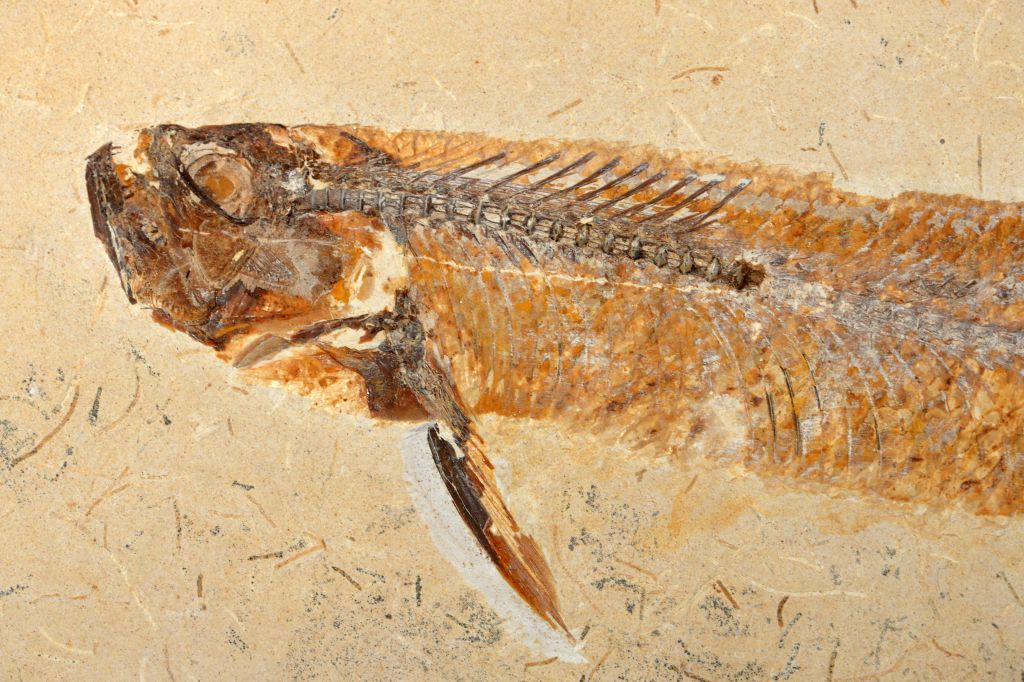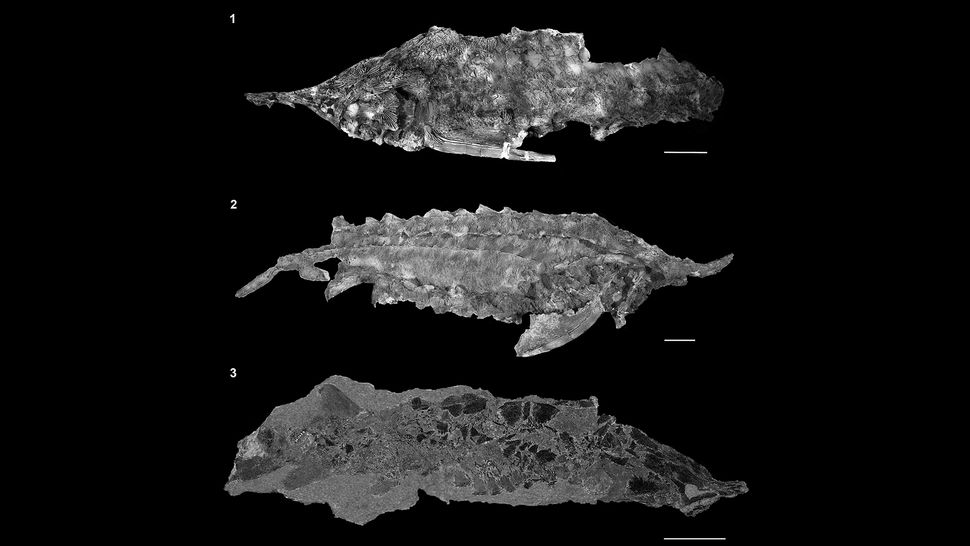'Hell Fish Species' That Died Alongside the Dinosaurs 66 Million Years Ago Unearthed in North Dakota
By Louise Franco Oct 13, 2022 06:00 PM EDT
The dinosaur-killing asteroid that struck an area on what is now the Chicxulub crater in Yucatan Peninsula, Mexico, could have also led to the extinction of an ancient "hell fish" 66 million years ago.
This is according to a new study, wherein paleontologists unearthed fossils of two newfound ancient species in North Dakota, United States, where four ancient fish fossils resemble the modern-day sturgeon.
The new fish species have been named Acipenser praeparatorum and Acipenser amnisinferos. Both species already went extinct during the Late Cretaceous period as a result of the Chicxulub impact, causing a global tsunami and mega earthquake, as well as other planetary hazards. The asteroid strike was very powerful it killed all dinosaurs and almost all life forms on Earth.
While the two hell fish species are no longer around, their morphological appearance is similar to sturgeons that are native to East Asia and Europe today. Sturgeon is a name given to multiple fish species belonging to the family Acipenseridae. Sturgeons are known for having elongated bodies, scaleless, and large size. They also have roots as far as 200 million years ago.
North Dakota Ancient Fish Fossils

More:
https://www.natureworldnews.com/articles/53645/20221013/hell-fish-species-died-alongside-dinosaurs-66-million-years-ago.htm

